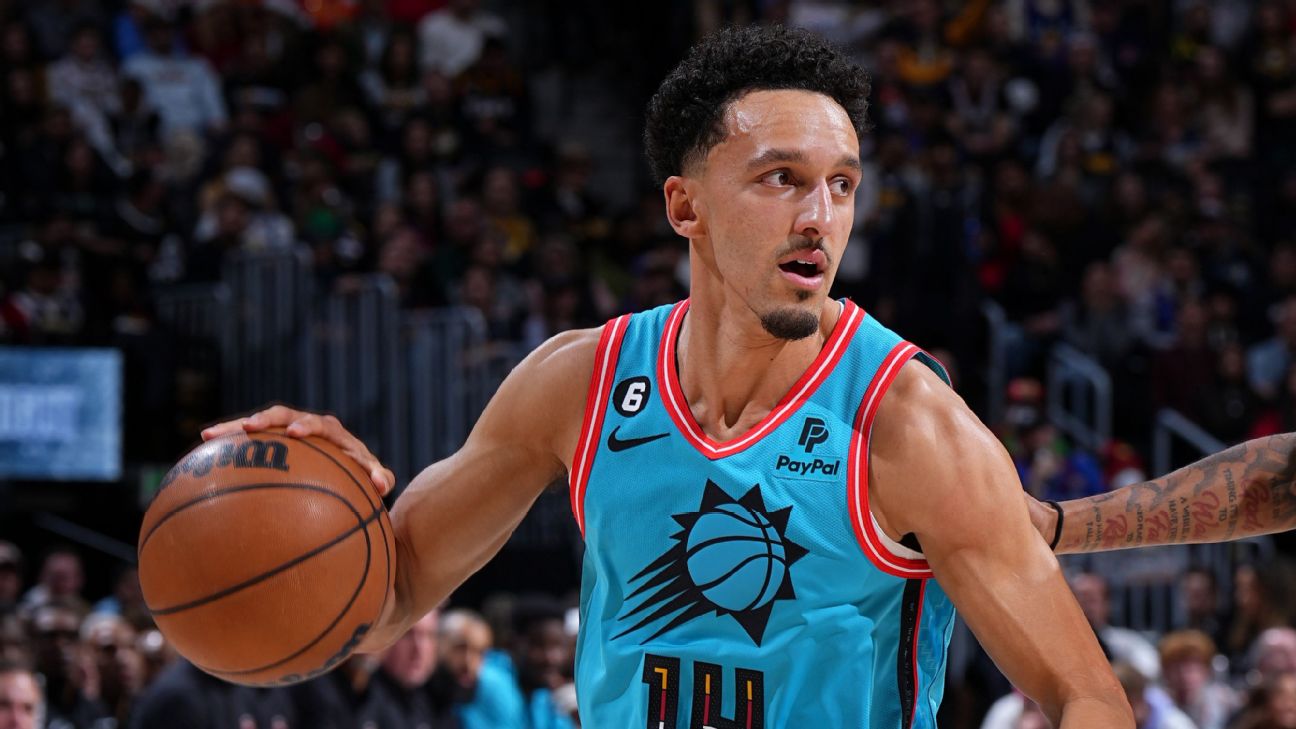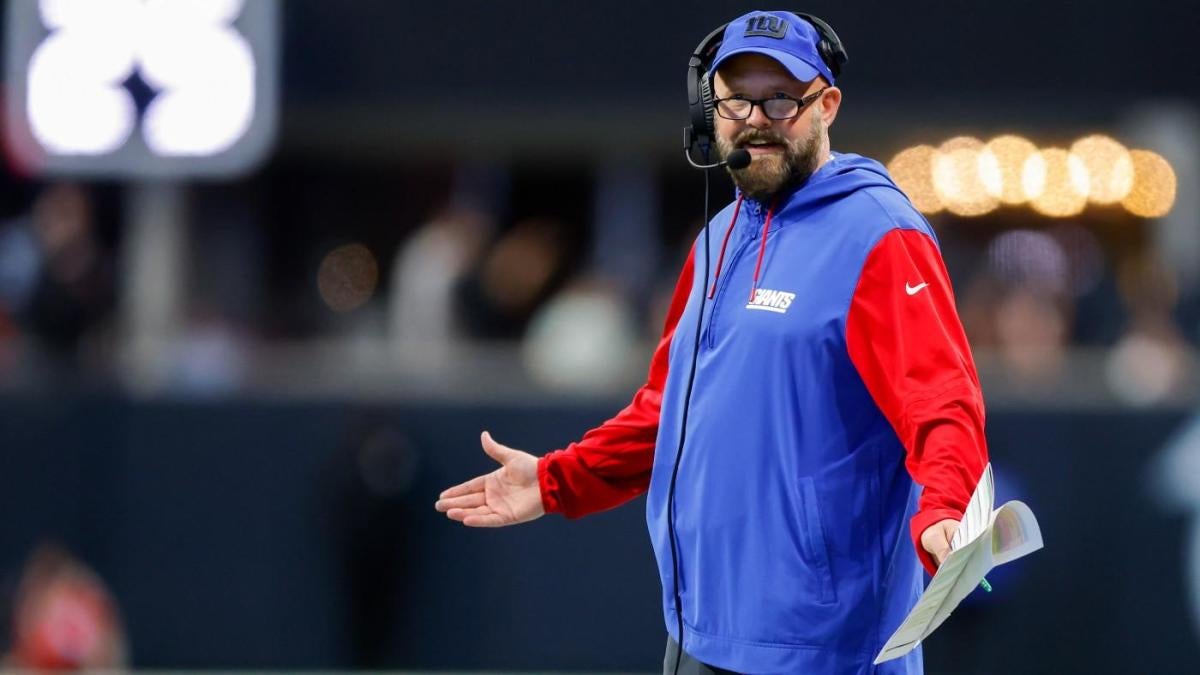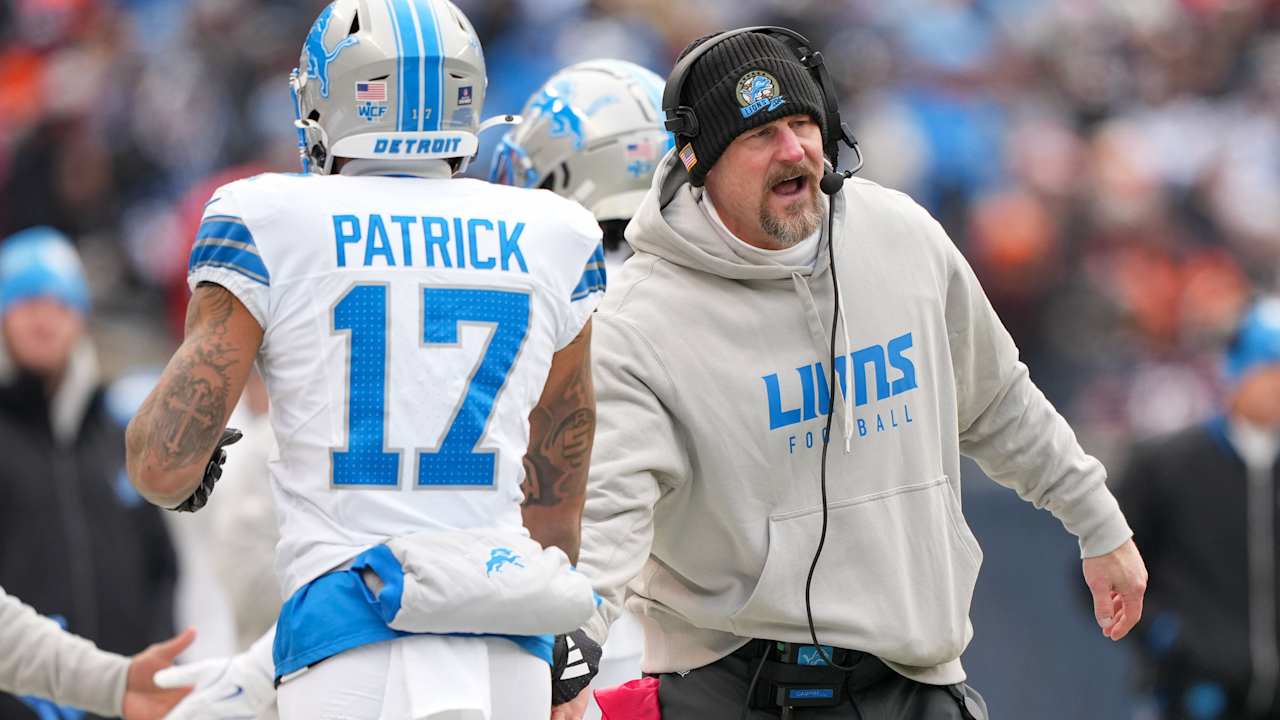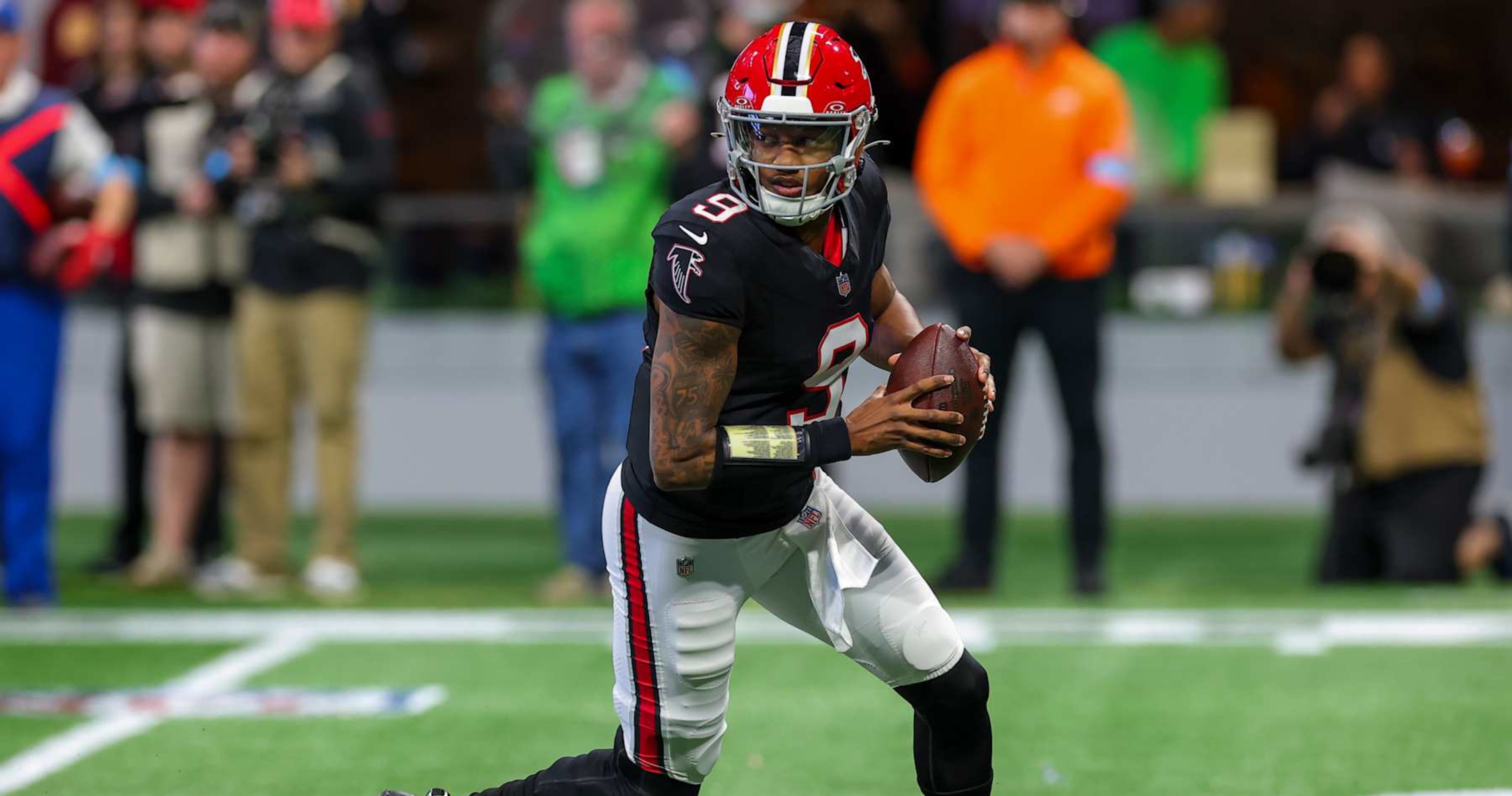Tennis
Taylor Fritz’s missed chance not solely to blame for US men’s Grand Slam drought continuing

Jannik Sinner’s game was too big for Taylor Fritz and so, distressingly, was the moment. The drought without an American Grand Slam champion on the men’s side will bleed into a 22nd year when the calendar flips to 2025.
The twin charge of Fritz and Frances Tiafoe to Friday’s emotional five-set, Red, White and Blue semifinal energized the Open after the early eliminations of Novak Djokovic and Carlos Alcaraz. Possibilities piqued imaginations to the extent where the narrative likely diverted from reality.
That was until Sunday when Sinner, the No. 1 player in the world, was cold reality all wrapped up in himself in becoming the first Italian to win the Open with a routine 6-3, 6-4, 7-5 victory in which neither champion nor runner-up was close to the best version of himself.
Sinner somehow won 86 percent of his first-serve points even while getting in only 51 percent of his first serves. Sinner won the first set with seven winners and eight unforced errors. Fritz was broken three times in the first set.
He was broken trying to stay in the first serve serving at 3-5; he was broken serving to stay in the second set at 4-5; he was broken serving for the third set at 5-4; and then two games later, he was broken serving to stay in the match at 5-6.
This was an opportunity lost, not so much for the collective group of Americans who at least have featured four semifinal appearances in the last three Opens (Tiafoe in 2022 and 2024, Ben Shelton in 2023 and Fritz now) but for this 26-year-old who has been at it on the ATP Tour since 2015.
Fritz knew it. He knew he had not given himself his best shot of pulling the upset. The Californian improved his ranking from 12 to seven over the fortnight, coinciding with his best performance ever at a major, but this runner-up was not swilling the sweet smell of success.
“There’s obviously a lot of positives, and when I get some time to cool down, you know, then I’ll be happy about the fact that I made it to the finals and stuff like that,” Fritz said. “But right now, I’m pretty just disappointed in how, like, just a lot of things on the court, how I played, how I hit certain shots. It sucks.
“It’s really disappointing right now. I feel like, I don’t know, I feel like the fans, obviously, American fans, been wanting a men’s champion for a long time, and I just, I don’t know, I’m pretty upset with how I played.
“I feel like, I don’t know, I feel like I almost let a lot of people down.”
Of course, Fritz let no one down. Maybe himself. He will feel better about it in a week or two or three. It is, however, also the truth that second chances are never guaranteed. Professional sports are littered with young teams who exceed expectations and go deep into the playoffs, maybe to the championship or final round before losing, are expected to be perennial contenders, and never get that far again. It happens.
Fritz’s progress has not been linear. He ascended to the No. 5 ranking in the world in February 2023 but tumbled out of the top 10 by the end of the year, only now returning. There is no guarantee he will be able to use this performance as a springboard or a platform for perennial contention at majors. Advancing to the quarters and no further, as Fritz did at Australia and Wimbledon this year, will not be measured as good enough.
The Americans will have five men ranked among the top 17 when the ATP releases its update on Monday with Fritz at No. 7; 27-year-old Tommy Paul at No. 13; 24-year-old Sebastian Korda at No. 15; 26-year-old Tiafoe at No. 16; and 21-year Shelton at No. 17. There is a certain expectation attached to this group, and certainly so with the Big Three’s loss of influence.
Though Roger Federer does not lurk, neither does Rafa Nadal and neither for much of this fortnight did Djokovic, there are formidable players at the top. Formidable young players. Indeed, the 23-year-old Sinner bookended the Slam season by taking home both the Australian and U.S. Opens while the 21-year-old Alcaraz captured Roland Garros and Wimbledon.
Pete Sampras won his 14th and final major at the 2002 Open, and then Federer started winning them in 2003, Nadal in 2005 and Djokovic in 2008. There is always a next one. Sometimes, a next duo or trio.
“I think that you can find yourself a little deeper in the draws, like, quarterfinals and stuff if you just play solid tennis,” Fritz said. “I still think to beat the top guys, you need to bring your best game.”
Fritz did not come close to accomplishing that Sunday. Sinner and the moment were both too big for him. We’ll see whether this becomes a learning lesson or a false start.
Twenty-three years is obviously not on Fritz alone, but that’s probably how he’s feeling right now after this lost opportunity.










